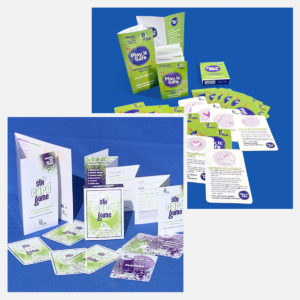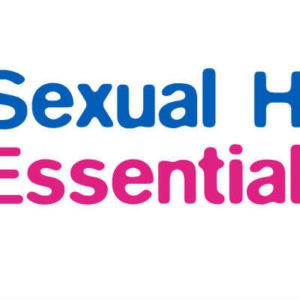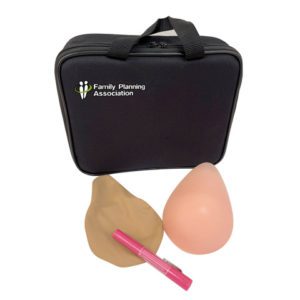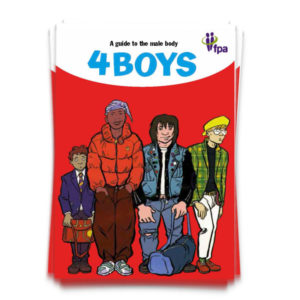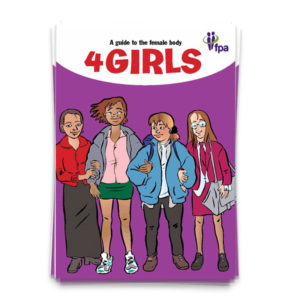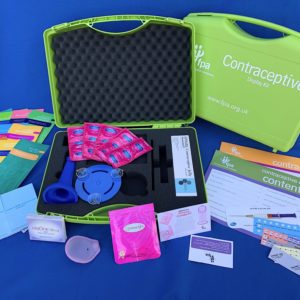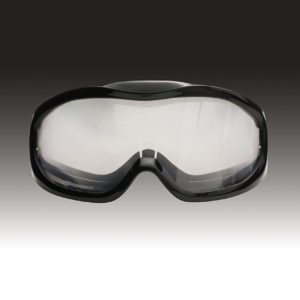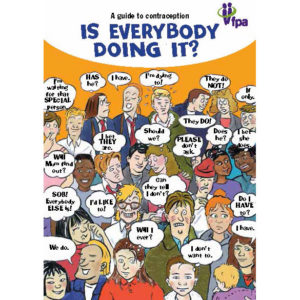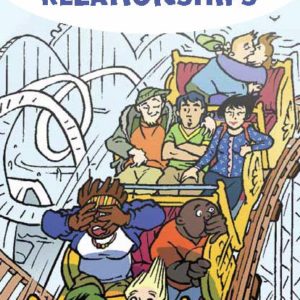RSHE and PSHE for Secondary Schools
Relationships, Sex and Health Education in Secondary Schools
- In September 2020, Relationships, Sex and Health Education (RSHE) became statutory in all secondary schools in England.
September 2026 curriculum update
- The updated curriculum for England will come into effect in September 2026.
Helping parents understand RSHE is a good thing and helps protect children
As you know – it’s a statutory requirement to let parents know what’s being taught in RSHE.
We understand the need to do this in a simple way that provides peace of mind.
It’s also tricky for schools to constantly communicate about RSHE – we’re here to help.
Parents area for RSHE
We have created a free-to-access Secondary school parents guide here – it’s also easy to find in the main menu the FPA.org.uk.

Responsible Relationships, Sex & Health Education in Secondary Schools – RSHE FAQs:
Q) Are children shown pornographic material?
A) No, never, they are children. The Family Planning Association takes a responsible approach. Children should be helped, protected and only taught age appropriate lessons.
Q) Is Relationships, Sex and Health Education really that important – shouldn’t children just concentrate on English and maths?
A) There’s no question that English and maths are critical building blocks.
Likewise, the clear evidence is that High Quality RSHE is like other education. It helps children and young people navigate the world, make informed choices, and develop critical thinking skills.
For details – see our Sex Education Benefits and Statistics page.
Q) Can I take a closer look at the Sexual Health Essentials lessons?
A) Yes. You can see the objectives and outcomes for each of the 7 lessons here and you can also get a taste of the frank, fun tone of the lessons in the films above.
Q) Can I opt my child out of sex education?
A) The NHS states “it’s perfectly normal for puberty to begin at any point between the ages of 8 and 13 in girls and 9 and 14 in boys.“
Parents:
- cannot withdraw their child from ‘relationships’ education as this is a legal requirement.
- cannot withdraw their child from sex education that is part of the science curriculum e.g. ‘external body parts’ and ‘the human body as it grows from birth to old age (including puberty)’.
According to government guidance:
“There is no right to withdraw from Relationships Education or Health Education. Parents have a right to request to withdraw their child from sex education delivered as part of RSHE in secondary schools which, unless there are exceptional circumstances, should be granted up to three terms before their child turns 16. At this point, if the child themselves wishes to receive sex education rather than be withdrawn, the school should make arrangements for this to happen in one of the three terms before the child turns 16 – the legal age of sexual consent.”
The Sexual Health Essentials lessons include aspects of Relationships, Sex and Health Education and are not differentiated between ‘Relationships’ or ‘Sex’. We believe the topics are meaningfully approached with the topics integrated.
You should consult your child’s school RSHE policy and follow the internal process accordingly.
Be aware that the process is likely to include the headteacher discussing:
- The benefits of RSHE with you and why your child should get this important education
- Detrimental effects that withdrawal might have on your child. This could include any social and emotional effects of being excluded, as well as the likelihood of the child hearing their peers’ version of what was said in the classes, rather than what was directly said by the teacher.
- How the negative effects of withdrawal can be mitigated if you give your child sex education at home instead.
For more information on government guidance, please see here.
Q) Does sex education encourage children to have sex?
A) No. Studies show it’s more likely to have the opposite effect and delay the age that young people first have sex.
You don’t have to take our word for it, the United Nations Educational, Scientific and Cultural Organization (UNESCO) examined 87 separate studies on the pros and cons of sex education.
Their report is 137 pages long – we’ve added a few highlights here.
UK Curriculum by Country
Click below for curriculum details:
“Sexual Health Essentials” secondary schools teaching resource
We’ve teamed up with You Before Two to provide the “Sexual Health Essentials” to secondary schools. This is an online teaching resource (like an online textbook) that:
- Helps teachers cover difficult topics such as penile and vulval health, STIs, menstrual health, sexual consent and contraception
- Covers the difficult topics such as penile and vulval health, STIs, menstrual health, sexual consent and contraception
The creators of “Sexual Health Essentials”, Dr Bekki Foljambe and Dr Naomi Sutton, provide young people with the information that lets them make positive healthy decisions and have healthy relationships for the rest of their lives.
You can check out their frank and fun tone in the clips below:
Core Sexual Health Facts
5 lessons designed for Year 9 upwards (age +13)
Contraception Choices
2 lessons designed for Year 11 upwards (age +15)
Clinically Accurate and Engaging RSHE Literature
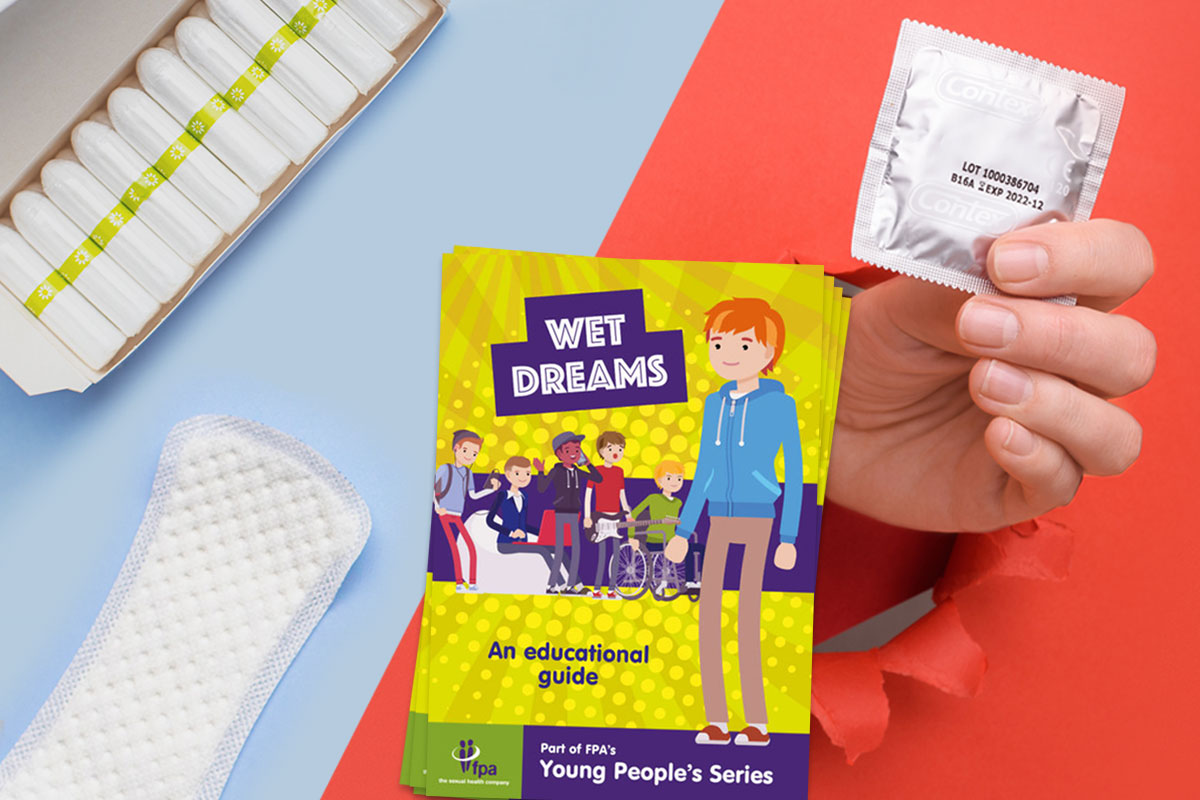
Classroom Favourites
Discover our collection of most loved teaching aids for RSHE. Designed to increase engagement levels and promote healthy conversation.

Leaflets & Literature
Clinically accurate leaflets and brochures for students. Including helpful information on difficult topics such as periods and wet dreams.
RSHE & PSHE Teaching Aids for Key Stage 3 & 4
KS3 & KS4 Teaching Aids
A selection of useful teaching aids, designed to help make difficult conversations, easier.
-
Contraception and STI Card Game Bundle (2 packs)
Original price was: £49.98.£34.99Current price is: £34.99.
